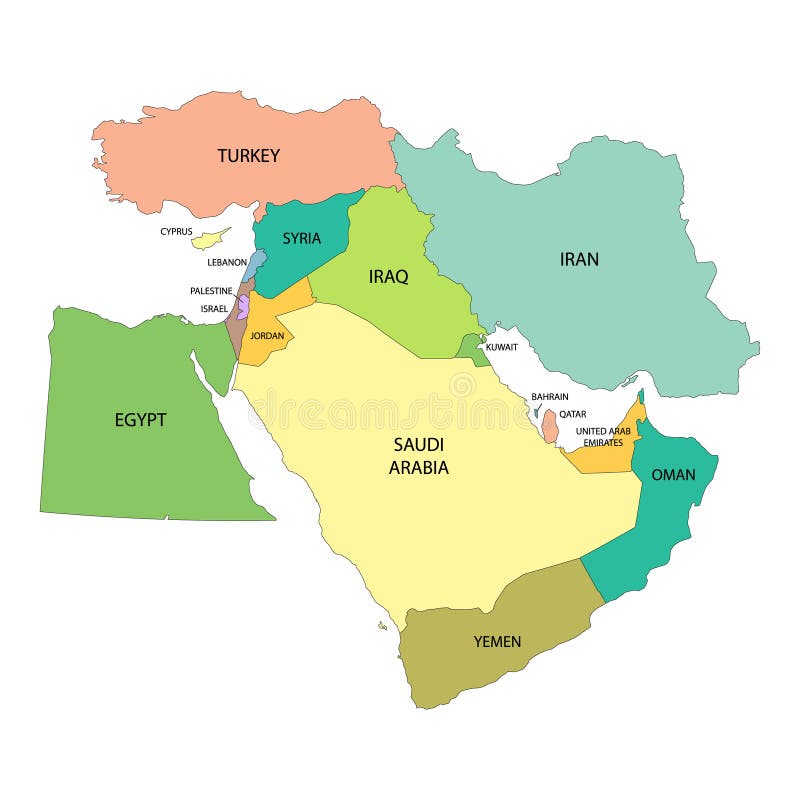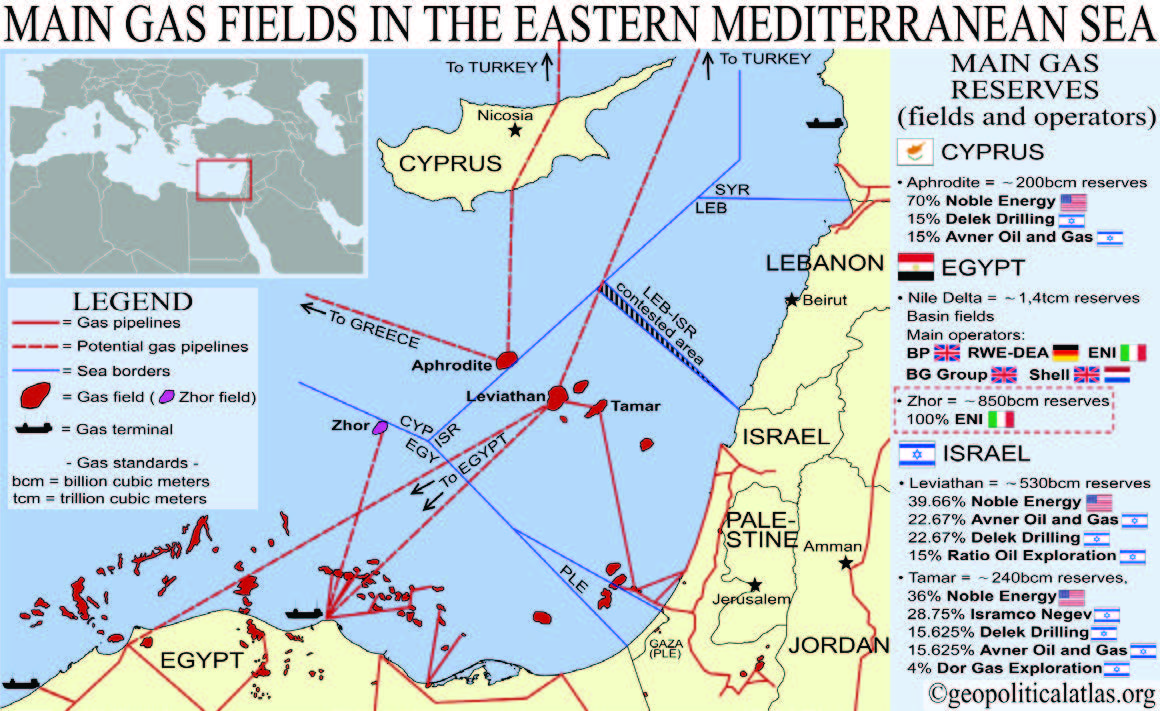As the 2025 expiration date for Gaza's lucrative offshore gas rights approaches, the future of the Gaza Marine field hangs in the balance.
With billions of cubic metres of natural gas at stake, regional powers are vying for control over the untapped resource.
Yet, political instability, the ongoing Israel-Palestine conflict, and escalating tensions with Hezbollah and Iran cast a long shadow over the field's potential. What will the expiration lead to? Will the gas remain locked beneath layers of conflict and bureaucracy?
As the deadline nears, the stakes have never been higher.
So it is rabbit hole time again. One that leads to Gas, Gaza and Golden Opportunities. And it all started with the Oslo Agreements.

The Gaza Marine gas field, located off the coast of the Gaza Strip, was discovered by British Gas (BG Group) in 1999. The field holds an estimated 1 trillion cubic feet of natural gas, a potential game-changer for the Palestinian economy. Recognising this opportunity, the Palestinian Authority (PA), which was established through the Oslo Accords in the 1990s as a governing body for parts of the West Bank and Gaza, granted BG Group the rights to explore and develop the gas reserves.
The PA, which governs parts of the West Bank and was supposed to oversee Gaza as well, saw the gas field as a way to secure energy independence and generate revenue for Palestine. However, the development of the Gaza Marine field faced immediate hurdles due to the outbreak of the Second Intifada in 2000, an uprising that intensified the Israeli-Palestinian conflict. Political instability and violence delayed BG Group’s plans, and although there was interest from international stakeholders, no progress was made on extracting the gas.

In 2016, Royal Dutch Shell acquired BG Group and inherited its rights to the Gaza Marine gas field. Shell’s control, however, was short-lived. Facing the same political challenges, Shell decided to exit the project in 2018, leaving the rights to the gas field in the hands of Palestinian companies — specifically, the Palestine Investment Fund (PIF) and Consolidated Contractors Company (CCC).
This led to a period of uncertainty until Egypt's state-owned EGAS entered the picture. Egypt, with its proximity to Gaza and well-established infrastructure for processing and exporting gas, saw the field as a potential partner in its growing role as a regional energy hub. Egypt already imports gas from Israel and re-exports it to Europe, so its involvement in the Gaza Marine field was a logical next step. In 2021, Egypt began mediating between the PA, Israel, and international stakeholders to revive plans for developing the field.

As the expiration of the exploration rights nears in 2025, the situation on the ground has grown more complicated. The Gaza Marine field remains largely undeveloped due to not only political and military challenges but also internal Palestinian divisions. Since 2007, Gaza has been controlled by Hamas, a militant group that opposes Israel’s existence and regularly engages in conflict with the Israeli military. Hamas’s control over Gaza has deepened the divide between it and the PA, which governs the West Bank, further complicating any efforts to develop the gas field.
The current Israeli-Palestinian conflict has reached new levels of intensity, exacerbated by involvement from regional actors like Hezbollah and Iran. Hezbollah, based in Lebanon and backed by Iran, has escalated its involvement in the conflict, particularly following the Hamas attacks on Israel in October 2023. This has led to heightened tensions along Israel's northern border with Lebanon, and there is growing concern that the conflict could spread beyond Gaza, particularly as Iran continues to support both Hamas and Hezbollah. No one knows how things will turn out and it certainly does not look bright at the moment.
The involvement of these powerful regional players suggests that control over natural resources like the Gaza Marine field could play a role in the broader geopolitical struggle between Israel, Hezbollah, and Iran. Hezbollah has justified its involvement by stating its support for Palestinian rights, and Iran’s interests in destabilising Israel could also extend to preventing Israel from exploiting regional energy resources, including Gaza's gas.

When the current exploration rights expire in 2025, several possible outcomes could unfold, depending on the resolution of the conflict and regional politics:
-
If the political climate stabilises enough, the PA and its partners, including Egypt, could renegotiate the rights to continue developing the Gaza Marine gas field. Egypt’s EGAS is already involved in talks and could play a leading role in the project’s future, especially with its existing LNG infrastructure and growing influence in the regional energy sector.
In this scenario, the gas field could finally become operational. Gas extraction could generate billions of dollars in revenue for Palestine, improve energy access for Gaza, and reduce its reliance on Israel and external aid.
-
However, if the conflict between Israel and Gaza remains unresolved, it is likely that the gas field will remain undeveloped. Israel controls Gaza’s coastal waters, and without a long-term security arrangement, it is unlikely that any major international companies would invest in the project. Moreover, Hamas’s control over Gaza complicates any negotiation efforts, as Israel is unlikely to allow the gas to be extracted if it benefits a militant group that regularly attacks Israeli territory.

-
Another possible outcome is that Israel, which has extensive experience in offshore gas development with its Leviathan and Tamar fields, could assert more control over the Gaza Marine project. There have already been talks of Israel participating in the project through cooperation with the PA and Egypt.
-
Saudi Arabia, while not directly involved in the Gaza Marine project, is also a key regional player. The kingdom has become more active in recent years in seeking to normalise relations with Israel, and its role in the broader Israeli-Palestinian peace process could influence the future of the gas field.
As the 2025 deadline approaches, the fate of the Gaza Marine gas field remains uncertain, caught between the promises of economic opportunity and the realities of an ongoing conflict. With escalating tensions involving Hezbollah and Iran, and the expiration of exploration rights on the horizon, control over Gaza’s natural resources has become more than just an economic issue — it is now an integral part of the wider regional struggle for power and influence.
The next few months and years will be critical in determining whether Gaza's gas reserves can finally be tapped, or whether they will remain locked beneath layers of conflict and political maneuvering.
This situation underscores how energy resources, including natural gas, are becoming central to the regional conflict.
So here is another spanner in the works - canals one week and gas the next. Fancy that?
BLOG COMMENTS POWERED BY DISQUS



















































